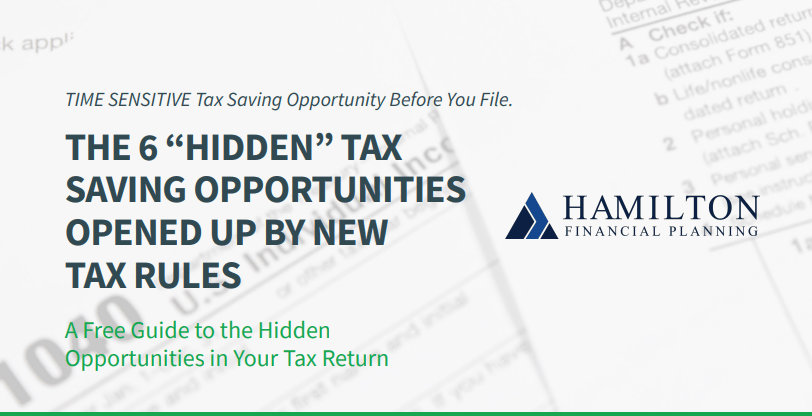
By Scott Hamilton
With economic uncertainty and inflation woes continuing to make headlines, many people are contemplating working longer and retiring later as a way to combat rising healthcare and other costs. But is retiring later a good idea? Or even realistic?
According to the 2022 EBRI Retirement Confidence Survey, there is a considerable gap between when a person expects to retire and when they actually retire. While 29% of respondents stated that they would like to retire at age 70 or older, only 7% followed through. Most end up retiring earlier, by age 62, and often it’s not by choice. Even if you want to work longer and save more, there’s no guarantee you’ll be able to.
Let’s take a look at some of the top possibilities that may curtail your plans to work longer and retire later.
Table of Contents
Unexpected Illness
Even if you are the picture of health today, you never know what will happen in 5, 10, or 20 years. As you age, your health can suffer. Working longer is not a guarantee, as 34% of retirees in 2021 were forced to retire early due to a health problem or disability.
Downsizing
It is incredibly disheartening if you are in the last few years of your career and your company downsizes, leaving you in the dust when you were counting on the income to provide for you in retirement. In fact, last year 25% of retirees were forced into early retirement due to changes at their company. At this stage of life, it’s challenging to find another job when prospective employers know you will be retiring soon. While you can keep your skills sharp and take measures to prove your value to your current employer, you just never know what will happen to your company as the years go on.
You’re Needed More at Home
Your loved ones are aging right along with you. Even if your health is excellent and your company still needs you, you may need to step back from the workforce earlier than planned to take care of a spouse or other family member. Your family comes first, so you don’t want to feel the pressure of working just to have enough in retirement if the unexpected occurs. It’s not fun to plan for contingencies like this one, but having a proactive mindset can help you prepare for the worst-case scenarios leading up to retirement.
You’re Ready for a Change
When you’re in your 50s and still have years to go before you retire, it may seem simple enough to push out your retirement date from 65 to 70. But what happens when, at 63 or 64, you can’t imagine working for another six or seven years? If you were banking on working until 70, you might not have enough saved.
The younger you are when you retire, the more energy and health you’ll have to enjoy retirement. Many retirees regret spending their best retirement years grinding away at work. Sure, they had more money when they finally did retire, but they had less time to enjoy it.
Since you can’t predict the future, how should you plan?
Create a Plan
At the end of the day, you may be able to retire when you want to, but wouldn’t you rather know now that you’re doing everything you can to be successful and comfortable if you do retire earlier than planned? You’re never too young or old to start taking action and planning for your future, be it 5 or 20 years down the road.
At Hamilton Financial Planning, we want to help you plan a future with a strategy that will help you maintain your lifestyle past employment. Schedule a complimentary get-acquainted meeting online or reach out to us at 512-261-0808 or scott@hamiltonfinancialplanning.com.
About Scott
Scott Hamilton is founder and chief financial officer at Hamilton Financial Planning, a wealth management firm that specializes in providing comprehensive financial planning for retirees. With over 20 years of experience in the financial industry, and having completed over 250 financial plans for retirees across all industries, but mostly the oil and gas industry, Scott is passionate about providing his clients with the tools and insight they need to achieve their financial goals. He has a Bachelor of Business Administration in finance from Texas State University and an MBA in international finance from Pepperdine University. Scott has also been happily married to his wife, Gayle, for over 25 years. To learn more about Scott, connect with him on LinkedIn.

